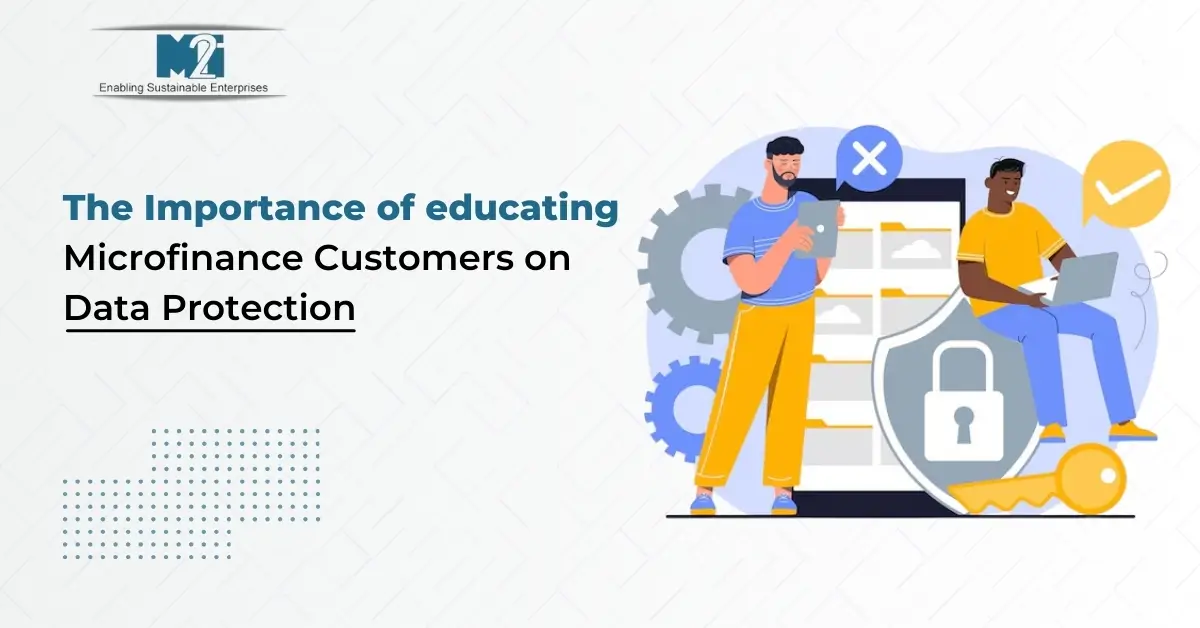
The Importance of educating Microfinance Customers on Data Protection
As microfinance institutions (MFIs) gear up to align with the Digital Personal Data Protection Act, the emphasis on customer education has never been more pressing. The Act isn't just a regulatory framework; it's an initiative that requires active participation from customers—the very people it seeks to protect. This blog post explores why educating microfinance customers is critical for the successful implementation of the Act.
Empowering Customers with Knowledge: The Act empowers customers with certain rights over their personal data. Educating customers about these rights is not merely a regulatory requirement—it is foundational for empowering them. When customers understand their rights to consent, data portability, and the ability to correct inaccuracies, they can actively engage in safeguarding their privacy.
Building Trust through Transparency: Trust is the cornerstone of any financial transaction. By educating customers on how their data will be used, stored, and protected, MFIs can build a transparent relationship. This transparency is crucial in retaining customer loyalty and trust in an age where data breaches are not uncommon.
Facilitating Informed Consent: Informed consent is at the heart of the Act. Customers need to comprehend what they are consenting to. Simple, jargon-free explanations of privacy policies and consent forms will be key. This understanding ensures that consent is not just a formality but an informed customer decision.
Encouraging Responsible Data Sharing: Customers who understand the value and sensitivity of their data are more likely to share it responsibly. Education helps in framing data sharing as a mutual responsibility between the MFI and the customer, leading to more prudent data handling practices on both ends.
Mitigating Risks of Non-compliance: An educated customer base can reduce the risks of inadvertent non-compliance. When customers know their data rights, they can play an active role in the data protection ecosystem, alerting MFIs to potential data mishandling and thereby mitigating risks.
Ensuring Inclusivity: In the microfinance sector, customers often hail from underprivileged socio-economic backgrounds. Education initiatives must be inclusive, ensuring that everyone, regardless of their digital literacy level, understands their data rights.
Customer education is a pivotal aspect of adhering to the Digital Personal Data Protection Act. It’s not just about regulatory alignment but about fostering a data-conscious culture among Microfinance customers. As MFIs embark on this educational journey, they'll be nurturing a customer base that is not only aware of their data rights but also appreciative of the institutions that respect them. This is the path to a sustainable and respectful digital finance ecosystem.